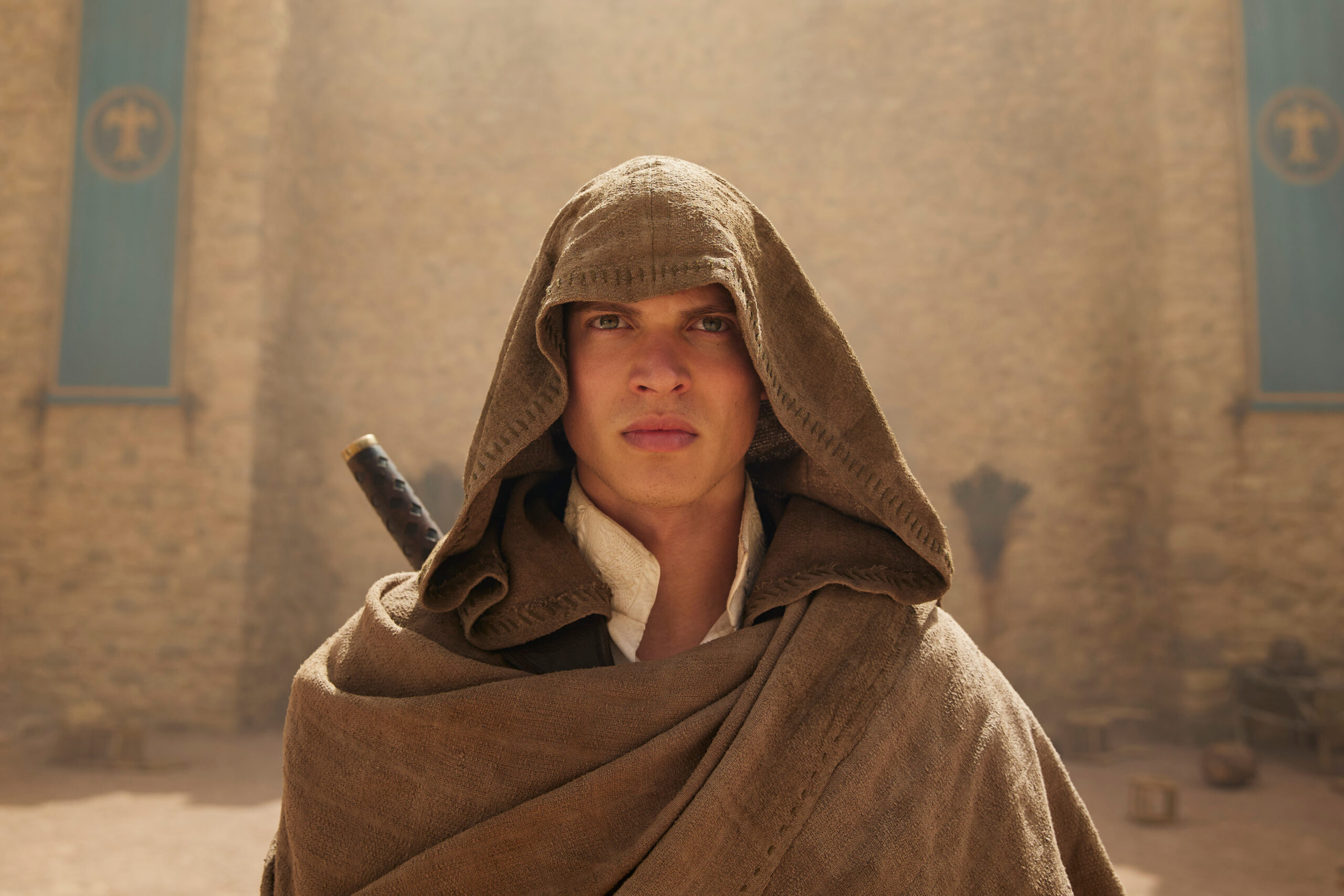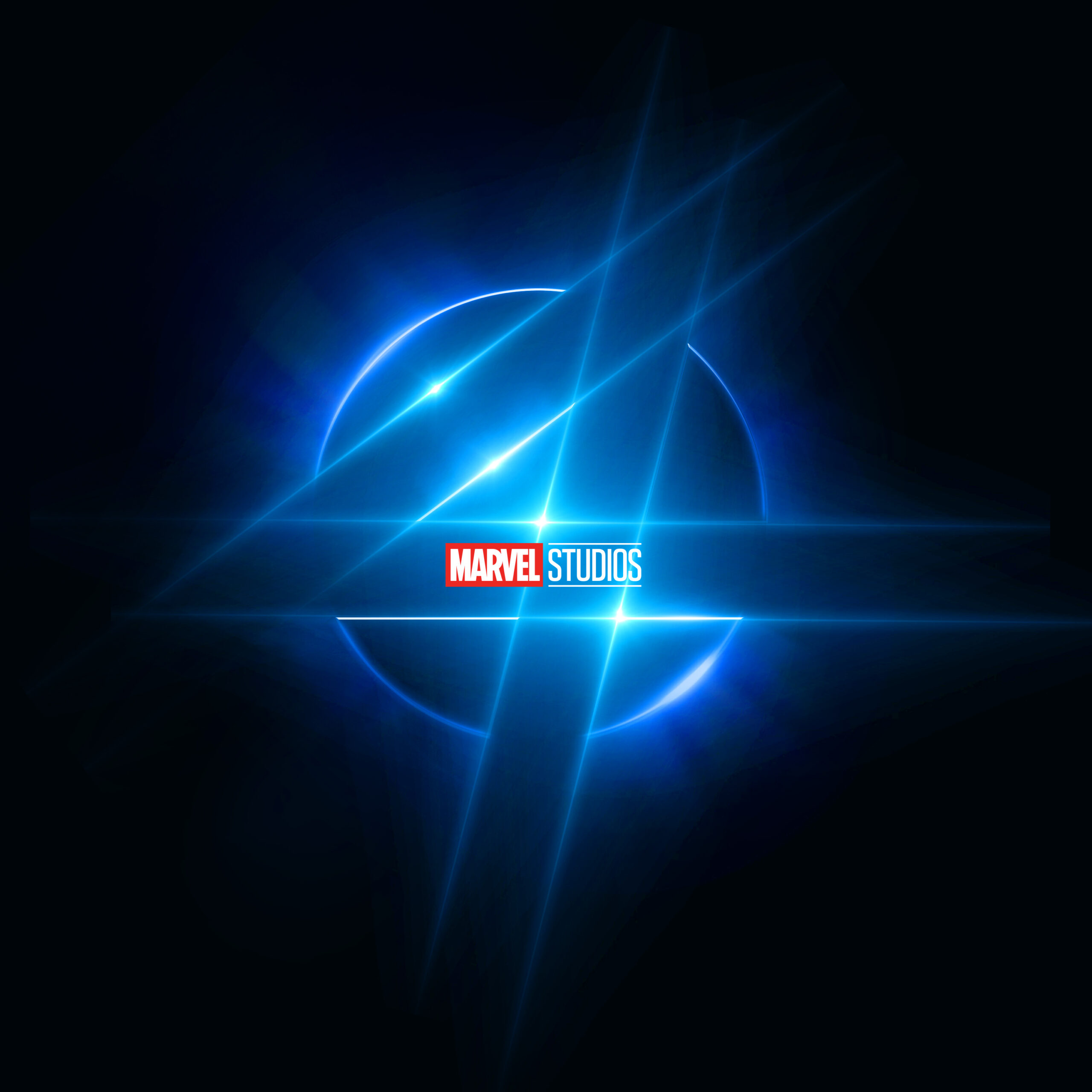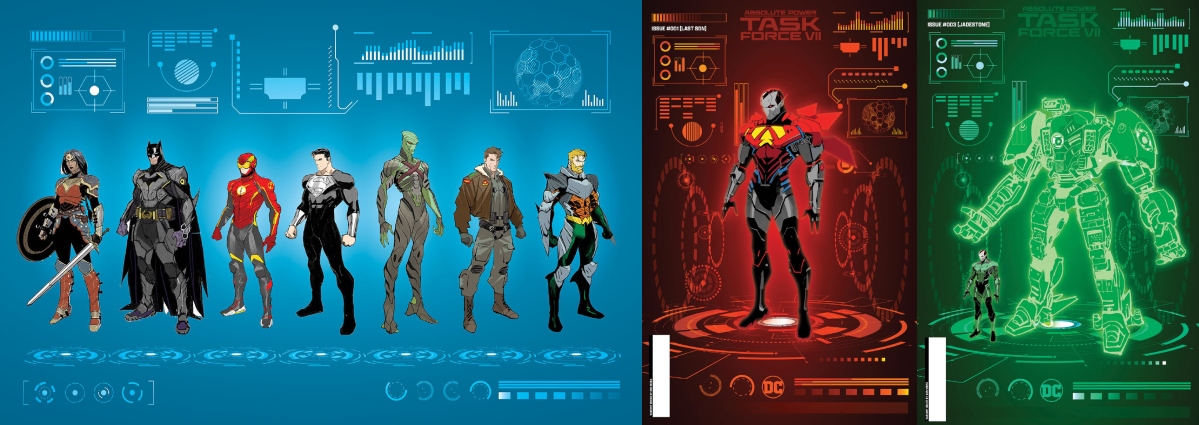Here we are, nearly 10 years after the release of Iron Man, and 18 films deep into one of the greatest TV shows ever made: The Marvel Cinematic Universe. Up until this point, Marvel Studios has done an admirable job of keeping the quality of these films high, but most importantly, they’ve managed to keep these movies from feeling too similar to one another. Just when you start to feel like you have these Marvel movies down, they throw you another curveball like Black Panther, and on the heels of the extremely goofy Thor: Ragnarok, it’s about as different as you can get.
Black Panther picks up one week after the events of Captain America: Civil War. T’Challa’s father T’Chaka has only just been killed, and the prince of Wakanda now has to take the throne of the technologically-advanced, isolationist country. But, of course, things are never this easy. While Wakanda is incredibly progressive and advanced, not everyone agrees with the direction things are going. Some think they are moving too quickly to merge with the rest of the world, and some don’t think they’re moving nearly fast enough — especially when neighboring countries of Africa live in poverty. Now, with the new king wet behind the ears, and the country in a transitional period, it’s the perfect time to upheave things.
Okay, let’s get this out of the way. I’ve discussed many a time just how important a film like Black Panther is. Never in the history of film has a non-white cast been given so much money to work with. Therefore, for the first time, we’re getting another perspective on what a big-budget film could be. Though while it is important from a progressive standpoint, when all said and done, what really counts is whether or not the film stands on its own merits. As such, I’ll be judging the film solely on that aspect going forward.
Now let’s dive into it with that in mind.
So how does Black Panther hold up as a narrative, and how does it hold up in the grand scheme of things in the MCU as a whole? I’ll start by saying this: While I’m not sure this one would crack the top five of my favorite Marvel Cinematic, it’s definitely up in that range, and upon repeated viewings, it may inch its way even closer to the top.
Let’s start with the characters. We got a taste of T’Challa in Captain America: Civil War, and in Black Panther, they really take what is great about him in that film and build on it for this one. T’Challa is smart, kind, charismatic, and above all else, badass. We’re thrown into his plight as audience members from the get-go, allowing us to fully empathize with his loss, the mammoth task ahead of him, and struggles he faces. Actor Chadwick Boseman continues to fully embody the character, and with the tons of extra screen time given, is able to make a fully realized vision of the king of Wakanda. While I could understand some finding his character a bit boring — especially when compared to the colorful supporting cast — he’s everything you’d ever want or expect from Black Panther himself.
And speaking of supporting cast, perhaps more than any other MCU film to date, Black Panther also has a huge number of supporting cast members. There’s no less than 10 important characters that surround T’Challa in this flick, and I’m not talking about characters with little one-off moments, but characters with opinions, motivations, goals, and actual arcs of their own. Many of these characters would actually be intriguing leads of films of their own, and the movie is all the stronger for it. Never before has a world or cast of characters felt so well-rounded in one of these films, as Marvel is usually incredibly lead-centric in their movies, and it makes me all the more excited to dive back into Wakanda in the future.
Some of the highlights for me include T’Challa’s sister Shuri, the Jabari Tribe leader M’Baku, and the main villain of the film, Killmonger.
Yes, it’s time to talk about the villain. Marvel Studios gets a bad rap for their villains. With films like Guardians of the Galaxy and Thor: The Dark World having such embarrassing antagonists like Ronan the Accuser and Malekith the Accursed, it became en vogue to bag on these so-called obstacles to our heroes. However, during the entirety of Phase 3, the studio has made great strides in their villains, making them more sympathetic and entertaining. For me, it goes without saying that Michael B. Jordan’s Erik Killmonger is Phase 3’s greatest villain.
Like Baron Zemo before him, you really understand where Killmonger is coming from, and in some respects, you may even agree with his motives. However, in addition to being sympathetic, he’s intelligent, entertaining to watch, and altogether terrifying as a baddie. While Loki may still take the cake as the MCU’s best villain, Killmonger is in a close second for me.
Let’s move on to the world of Wakanda. Marvel Studios has had to make other worlds in the past — films like Guardians of the Galaxy and Thor had to create whole other planets. However, never before have they really had to create another entire civilization on Earth, and here they succeed. Going into this, I worried that they’d rush through all the world-building aspects just to get to the action, but that was never the case. They really allow audiences to let the culture and technology of Wakanda sink in, and while that’s great from a world-building standpoint, may have even been to the film’s slight detriment, at least for me.
It’s here where I’ll get into the film’s biggest weakness…it’s a bit of a slow burn. Yes, there are action set pieces near the beginning, and yes, the plot moves forward at a reasonable pace, but it really took me a while to really sink my teeth into what was going on. It wasn’t until maybe one-third or halfway through the film that I really started to get invested in what was going on. Throughout the first half, I found myself going, “Okay, where is this going?” Now, it’s possible that this is more of an indicator of my short-ass attention span, but I’ll get into why I think that may not be the case in a bit.
But first let’s talk about the flipside to this weakness. In taking the time it needs to build the world, it really allows itself to lay the groundwork for the more political aspects of the story. More than any other Marvel Studios film before it, Black Panther is super political. It spends the first half the film setting up a lot of great things that pay off later, and while those scenes may have felt like a bit of a chore early on, I can’t deny their overall importance to the complex and political landscape of Wakanda. In setting the foundation, they really let things build, and the end result is a second half of the film that doesn’t let up, and feels incredibly earned and rewarding from an audience perspective.
With that in mind, how do I still consider its slower pacing upfront a weakness? Here’s my theory. Because I found many of aspects of it to be absolutely necessary to the story, I was adamant about figuring out what parts didn’t grab my interest. After looking it over, I think it lied in the action. There are a good number of set pieces in this film — don’t worry. While it is political, it is still a Marvel film, so there are plenty of explosions to go around. However, I wasn’t a huge fan of how these scenes were done. Unlike the final action set pieces in the film, I wasn’t as emotionally invested in these scenes from the first half, and as a result, the need for these scenes to be well-crafted was all the more important to hold my interest.
Now, they weren’t bad — not by any stretch of the imagination. They were hard-hitting and well-choreographed, but I had a difficult time following them. Like The Bourne Supremacy, they utilized a lot of quick pans and shaky-cam stuff, which is never my favorite. Plus, a lot of the “whys” behind the fight scenes early on weren’t really enough to engage me on an emotional level. Near the end, that approach didn’t bother me as much, as I was emotionally invested in the political struggles that had been laid out, but early on, when I’m still trying to get a grasp of who these characters are and what the stakes are, it didn’t hold up. The result was a first half that felt a bit wanting.
But, I’m really nitpicking here. When all said and done, Black Panther is still an excellent film, and a worthy entry in the MCU canon. I honestly have a hard time believing anyone would dislike this movie, and feel like it’s just a matter of how much someone will like it. Based on your own personal tastes, your mileage may vary, but I think this is one of the strongest entries to date, and will be throwing down my hard-earned cash to see it again this weekend.
Grade: B+
Are you excited to see Black Panther in theaters? Let us know your thoughts down below!
Don’t forget to share this post on your Facebook wall and with your Twitter followers! Just hit the buttons on the top of this page.

 FOR FANBOYS, BY FANBOYS
Have you checked out LRM Online’s official podcasts and videos on The Genreverse Podcast Network? Available on YouTube and all your favorite podcast apps, This multimedia empire includes The Daily CoG, Breaking Geek Radio: The Podcast, GeekScholars Movie News, Anime-Versal Review Podcast, and our Star Wars dedicated podcast The Cantina. Check it out by listening on all your favorite podcast apps, or watching on YouTube!
Subscribe on: Apple Podcasts | Spotify | SoundCloud | Stitcher | Google Play
FOR FANBOYS, BY FANBOYS
Have you checked out LRM Online’s official podcasts and videos on The Genreverse Podcast Network? Available on YouTube and all your favorite podcast apps, This multimedia empire includes The Daily CoG, Breaking Geek Radio: The Podcast, GeekScholars Movie News, Anime-Versal Review Podcast, and our Star Wars dedicated podcast The Cantina. Check it out by listening on all your favorite podcast apps, or watching on YouTube!
Subscribe on: Apple Podcasts | Spotify | SoundCloud | Stitcher | Google Play






